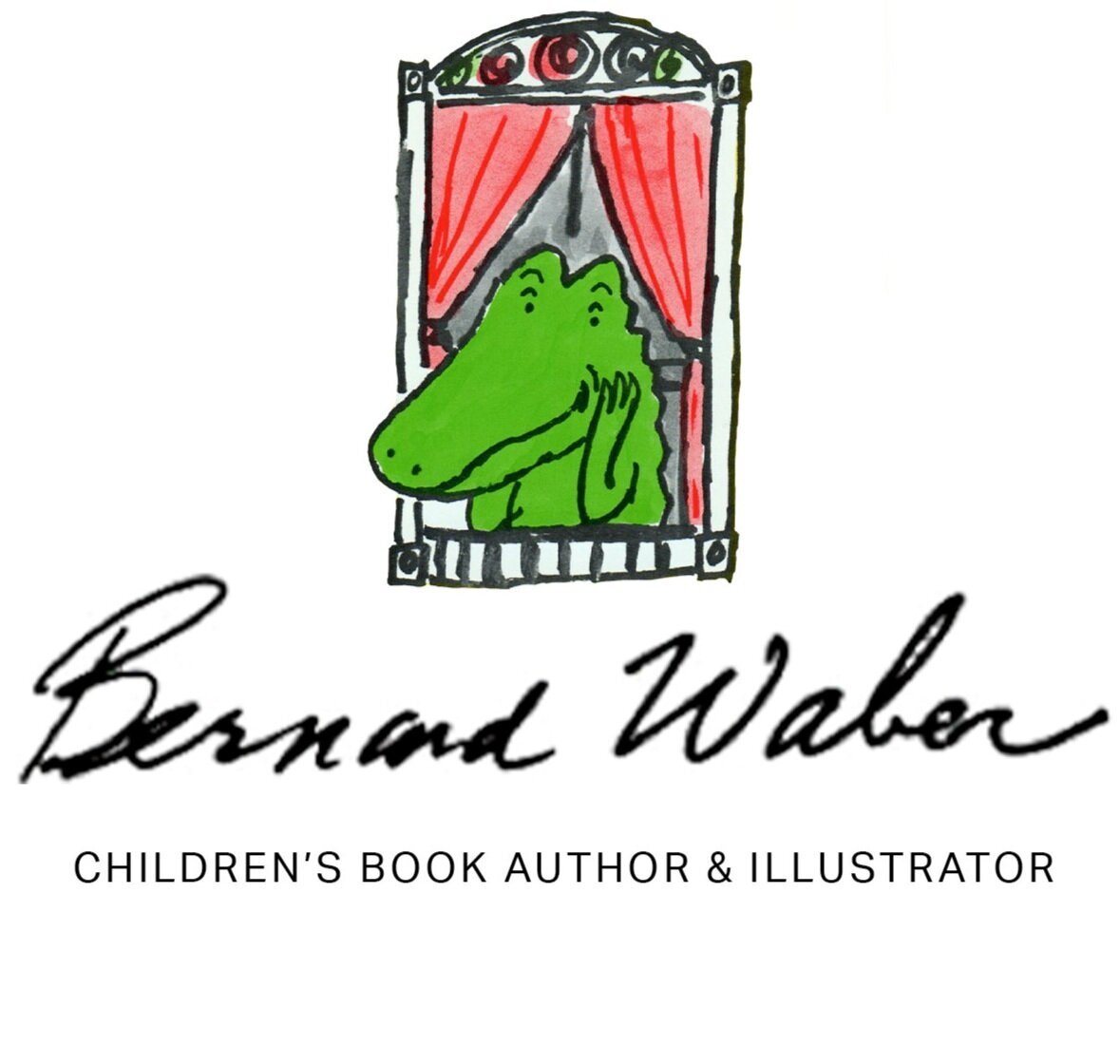"Voices of the Creator " by Bernard Waber
In my book Nobody Is Perfick, a little girl doing homework tries desperately not to slip into daydreaming. She resists daydreaming with gargantuan will. She gulps down glasses of water. She chews bubble gum furiously. She stands on her head. She somersaults. But in the end she succumbs to a perfectly lovely daydream.
True confession: That was me, or in the words of Flaubert's reference to Madame Bovary, "C'est moi." I was that kid, a hopeless, chronic daydreamer. Everyone told me it was bad—bad, bad, bad—to daydream. "Wake up! Snap out of it!" These were admonitions of my childhood. And don't think I wasn't worried. I tried everything to cure myself of this pernicious affliction. If a support program were available to cure daydreaming, I would have rushed to sign up. The problem deviled me all through my maturing years. Even in the army, sergeants constantly bellowed at me to wake up.
True confession: I still suffer from the same affliction. The only difference is, now I'm encouraged to do it. Now, it's quite proper for me to do it. Now, I'm even expected to do it. So, when I am asked where I get my ideas, I'm tempted to say, "I'm only doing what I've always done—daydreaming."
True confessison: The idea and plot for Names Will Never Hurt Me came to me while shaving one morning. The story has nothing to do with shaving; it has to do with a little girl named Alison who has the unfortunate surname of Wonderland. Get it? Alison Wonderland. Often, my ideas begin with just such musings. An absurd name like Alison Wonderland tickled me. But digging deeper, I was moved by the burden of troublesome names, and that burden became the central theme. Similarly, in Ira Sleeps Over, a little boy's dilemma on whether or not to take his teddy bear along on his first sleepover seemed like a funny idea. But probing the idea's underside revealed tantalizing complexities—peer pressure, separation, self-belief, even sibling rivalry.
True confessison: Among the really pleasurable dividends of writing for children are the letters children send to authors. In their letters, children talk freely about family, friends, school, pets, sports, everything crucial to their lives. They also want to know about their authors—absolutely everything. Sometimes I think kids want more personal information than my health insurance plan. My age and other vital statistics are matters of keen interest. I always tell the truth about my age because I love to astonish children. A frequent question from children is, "What made you become a writer?" Early environment has much to do with it. My siblings, a sister and two brothers, all older and all artistic, were a major influence. My sister played piano and wrote poetry. She also wrote love letters, in the fashion of Cyrano de Bergerac, for love-stricken, but less poetically expressive, friends. She read her love letters to the family for critical comment and hearing them made us all fall in love just a little. My brothers wrote and drew, and I spent a major chunk of my childhood hanging over their shoulders, observing words and pictures emerge on paper.
True confession: I did not set out to be an author. I began professionally as a designer and illustrator for magazines. My illustrations tended toward whimsy, and my love of drawing animals led to this fatal attraction—children's books. Quality time, for me, meant hanging out in bookstores—looking, looking, looking at picture books. And looking wasn't all that easy way back then. Unlike today's mammoth book chains, where one could literally spend the day reading War and Peace unnoticed an unmolested, back then I could scarcely begin browsing without an overzealous clerk offering unsolicited assistance. I did, however, buy lots of children's books, mostly as gifts, but many for myself to satisfy and insatiable appetite for them. Children giggle when I tell them I fell in love with picture books. One even asked, "Did you marry one?"
Later, as the father of three, I had three compelling reasons for giving children's books close scrutiny. I loved reading aloud and, as many parents do, began inventing stories. I probably caused my children some self-consciousness as I constantly trailed after them into the children's room of our library. Once, they suggested that I might find more appropriate books in the grownups' department.
True confession: It was too late to change a habit—especially one so possessing. Besides, I had already begun to write my first children's book.
Written by Bernard Waber, from Children's Books and Their Creators, edited by Anita Silvey, published by Houghton Mifflin Company, © 1995

